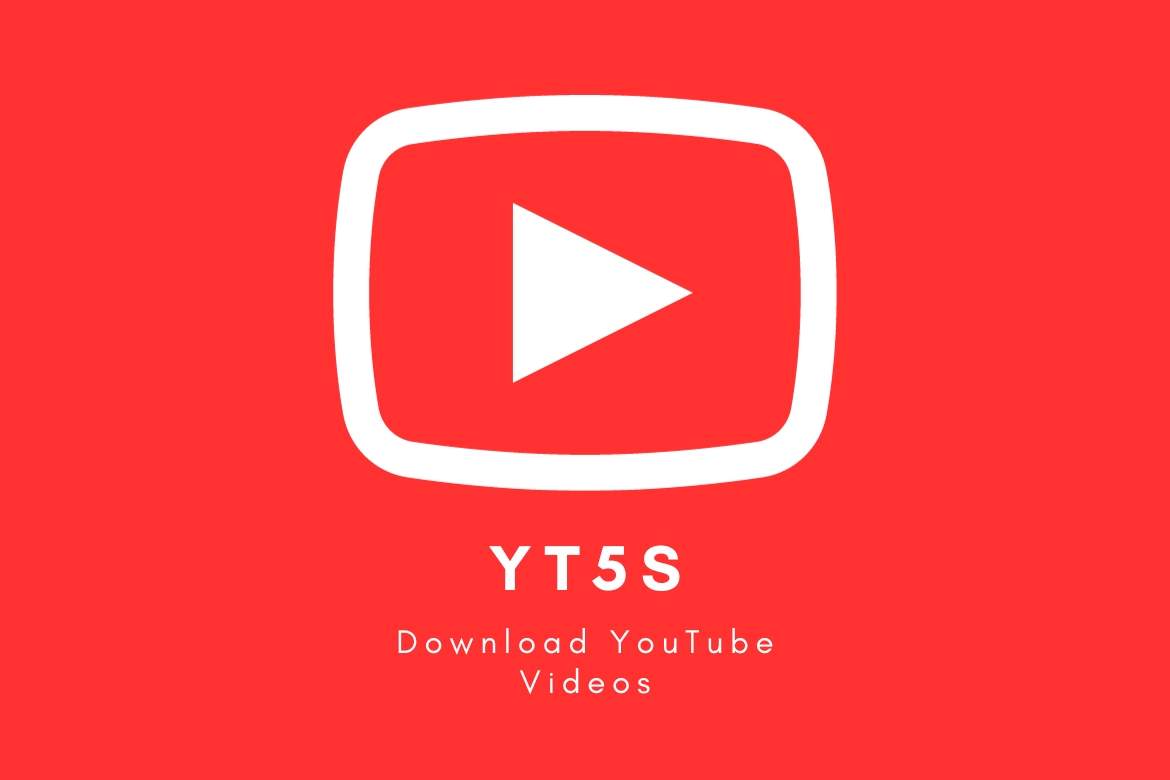In the ever-evolving landscape of digital marketing, Search Engine Optimization (SEO) has remained a crucial element for businesses seeking online visibility and success. Traditionally, SEO strategies have primarily focused on optimizing websites for Google, given its dominance in the search engine market. However, as the digital ecosystem continues to expand and diversify, it’s becoming increasingly important to explore new avenues in SEO optimization, like SEO for niche markets including casino SEO. In this blog, we’ll delve into why diversifying your SEO efforts beyond Google is essential and explore some promising alternative platforms and strategies.
The Importance of Diversification
Diversifying your SEO efforts means not putting all your eggs in one basket. While Google remains the reigning king of search engines, relying solely on it for traffic and visibility can be risky. Here are a few reasons why diversification is essential:
- Google Algorithm Changes: Google frequently updates its search algorithms, which can drastically affect your website’s ranking and traffic. What worked yesterday might not work tomorrow. Diversifying your efforts means you’re less vulnerable to these changes.
- Competition: The competition on Google is fierce, especially for popular keywords. Diversifying allows you to explore less competitive platforms and keywords, providing opportunities for faster and more sustainable growth.
- Audience Diversity: Different search engines attract different audiences. By optimizing for multiple platforms, you can tap into various demographics and markets, broadening your reach.
- Risk Mitigation: Relying solely on one platform for traffic is like having all your investments in a single stock. If that platform were to face issues or changes, your entire online presence could be at risk.
Now that we understand the importance of diversification let’s explore some alternative platforms and strategies to enhance your SEO efforts:
YouTube SEO
YouTube is the second-largest search engine in the world. If your content is visual or can be converted into video format, optimizing for YouTube is a must. Start by conducting keyword research specific to YouTube using tools like Keyword Planner and TubeBuddy. Create engaging video content that provides value to your audience, and optimize video titles, descriptions, and tags with relevant keywords. Encourage viewers to like, share, and subscribe to your channel, as engagement metrics also play a crucial role in YouTube SEO.
Social Media SEO
Social media platforms have their search engines too. Optimizing your social media profiles and posts for relevant keywords can boost your visibility on platforms like Facebook, Instagram, Twitter, and LinkedIn. Additionally, backlinks from social media profiles can improve your website’s authority in Google’s eyes.
Voice Search Optimization
With the rise of voice-activated devices like Amazon Echo and Google Home, voice search is becoming increasingly popular. Optimize your content for voice search by focusing on long-tail keywords and providing concise, direct answers to common voice queries. Structured data markup can also help search engines understand your content better and provide it as a voice search result.
Local SEO
If you’re a local business, don’t underestimate the power of local SEO. Optimize your website for local search by creating a Google My Business profile, obtaining online reviews, and ensuring your business information is consistent across directories and platforms. Local SEO can help you rank higher in location-specific searches, especially important for brick-and-mortar businesses.
E-commerce SEO
If you’re in the e-commerce space, platforms like Amazon and eBay are essential. Optimizing your product listings for these platforms can drive significant traffic and sales. Pay attention to product titles, descriptions, images, and customer reviews. Use high-quality images and videos to showcase your products effectively.
Mobile Optimization
Mobile optimization is no longer an option; it’s a necessity. Google’s mobile-first indexing means that your website’s mobile version plays a significant role in its ranking. Ensure your site is responsive, loads quickly, and provides an excellent user experience on mobile devices.
Content Optimization
Quality content remains at the core of SEO, regardless of the platform. Create informative, engaging, and valuable content that resonates with your target audience. Prioritize user intent and user experience in your content creation process. High-quality content will attract organic backlinks and social shares, improving your overall SEO performance.
While Google remains a vital player in the world of SEO, it’s essential for businesses to explore new avenues and diversify their optimization efforts. Whether it’s optimizing for YouTube, social media, voice search, or other platforms, the key to success in today’s digital landscape is adaptability and diversification. By doing so, you’ll not only reduce your vulnerability to algorithm changes but also tap into new audiences and markets, ultimately driving long-term growth and success for your online presence. So, go beyond Google and start exploring the vast SEO landscape waiting to be conquered.
Related Post: Digital Marketing Mastery for Home Services: A Comprehensive Guide










































































